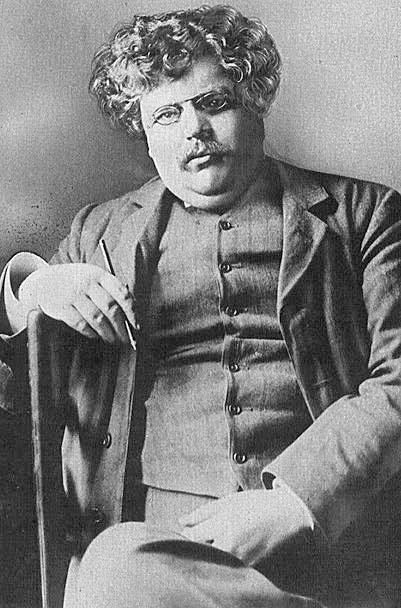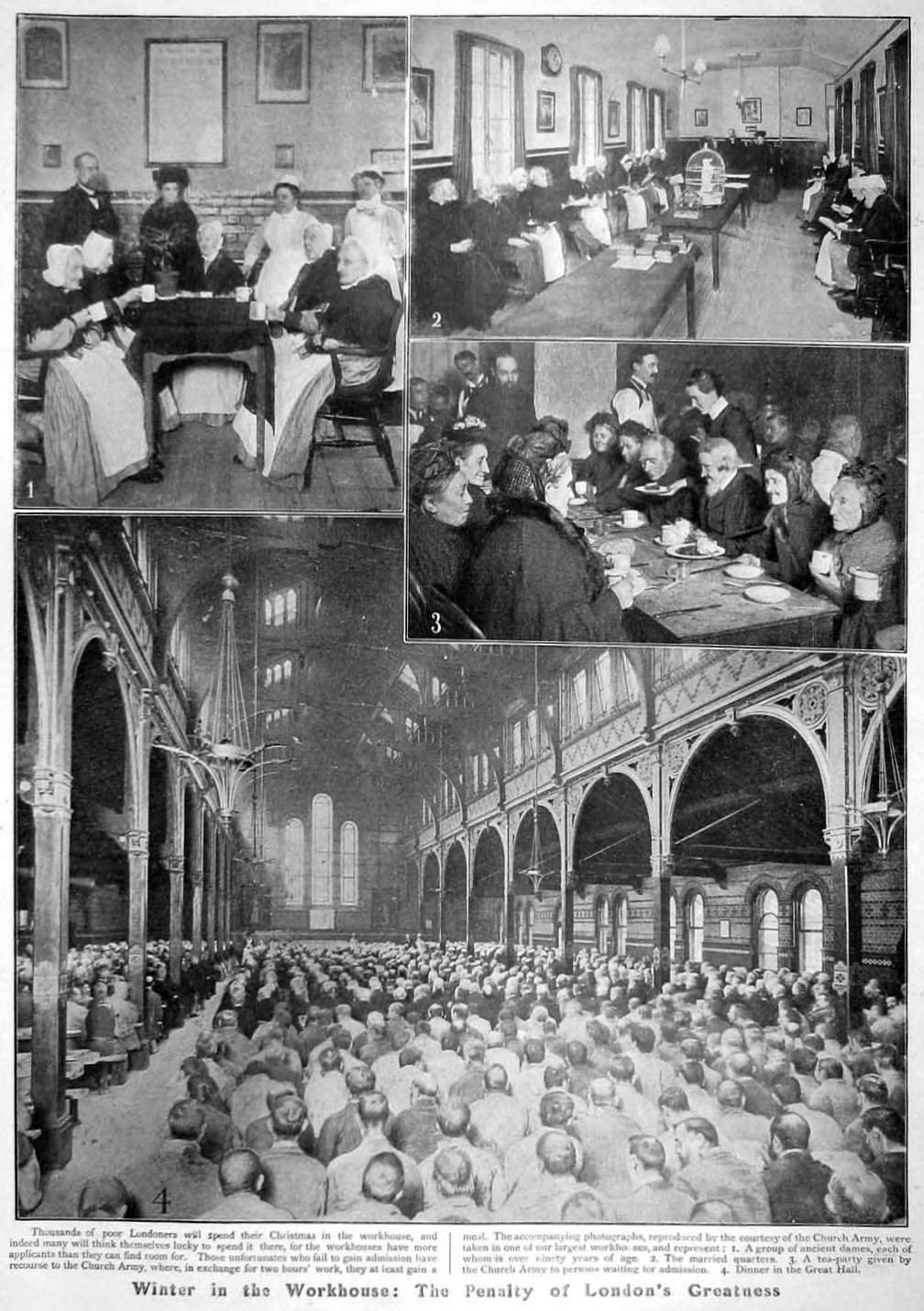Ok, maybe more than twice.
Maybe this entire blog is about that.
Perhaps.
Anyways.
I stumbled upon one of G.K. Chesterton incredible jewels of foresightedness the other day, demonstrating once more his genius for analysing and pin-pointing exactly WHICH changes in society were going to have the most lasting and dreadful impact. And then I wondered whether others would be able to see what I saw, even if they buy the idea that our time is the best, most liberal of times, and our thinking the best thinking.
The thing is, I think they wouldn't consider it relevant purely because of my favourite Gilbert's (sorry house-plant, but no, you don't compare) choice of examples .
 |
| Gilbert the peace-lily. |
 |
| Better Gilbert. |
So, to help with that, I have decided to mad-lib some of the most revealing quotes I know. I apologise for really lacking the talent necessary to appropriately replace the masterfully chosen words of the people I am mad-libbing, but it was fun to do.
1.
Let's start with this, a speech rejoicing at a reform of the welfare state:
"No lazy benefit thief could lounge up to the job centres and demand his week's allowance and council house in proportion to the children he had left at home. No teenage mum could parade in designer clothes on the money she received for the keep of her children from three different fathers."
Here is the original, and the context in which it was uttered, just in case any Tory or pub-stool philosopher felt like stealing the line for their next rant against benefit frauds:
"No lazy pauper could lounge up to the poor houses and demand his week's allowance and loaves of bread in proportion to the children he had left at home. No dissolute woman could flaunt in insolvent finery on the money she received for the keep of her illegitimate children."
Discourse in the House of Commons on the 1834 Act instituting the workhouses.
Because blaming poverty on the poor and forcing them into workhouses was such a brilliant plan for society.
2.
Here is another one every person thinking of joining academia should bear in mind before swallowing whole the bias/inter-textual gimmick as the only approach to analysing ideas :
"Just as one generation could prevent the very existence of the next generation by all entering a monastery or jumping into the sea, so deconstructivists can in some degree prevent further thinking by teaching the next generation that there is no such thing as human thought."
And here is the original I haven't really improved:
"Just as one generation could prevent the very existence of the next generation by all entering a monastery or jumping into the sea, so one set of thinkers can in some degree prevent further thinking by teaching the next generation that there is no validity in any human thought."
Chesterton, Orthodoxy
Now for a selection from one of the most thought-provoking essay ever written:
3.
"We make men without principles and expect of them virtue and enterprise. We laugh at honour and are shocked to find traitors in our midst. We castrate and demand the castrated be fruitful."
4.
"A great many of those who 'debunk' traditional or (as they would say) 'backward' values have in the background values of their own which they believe to be immune from the debunking process. They claim to be cutting away the parasitic growth of bias, religious prejudice and societal constructs, in order that 'real' or 'basic' value may emerge."
And yet, such destruction of values and principles has unintended consequences...
5.
"The rebellion of pseudo-liberalism against old-fashioned morality is a rebellion of the branches against the tree: if the rebels could succeed they would find that they have destroyed themselves."
Those last two quotes are really meant to go together, because moral relativists always implicitly draw the line of relativity somewhere, but will find they have destroyed the only way to protect such a line from being crossed by denying the existence of a line to others.
Here are all three quotes, as their author (rightfully) intended them:
"We make men without chests and expect of them virtue and enterprise. We laugh at honour and are shocked to find traitors in our midst. We castrate and bid the geldings be fruitful."
"A great many of those who 'debunk' traditional or (as they would say) 'sentimental' values have in the background values of their own which they believe to be immune from the debunking process. They claim to be cutting away the parasitic growth of emotion, religious sanction and inherited taboos , in order that 'real' or 'basic' value may emerge."
"The rebellion of new ideologies against the Tao is a rebellion of the branches against the tree: if the rebels could succeed they would find that they have destroyed themselves."
C.S Lewis The Abolition of Man
6.
And here is the Chesterton quote that gave me the idea in the first place:
"If there is one thing worse than the modern weakening of major morals, it is the modern strengthening of minor morals. Thus it is considered more withering to accuse a man of bigotry than murder. Healthy living is not a religion nowadays, for healthy living is made essential and religion is regarded as an offence. A TV series can attack religious freedom so long as it does not joke about gender, and I have known liberal progressives who thought it wrong to smoke but right to encourage euthanasia."
And its original version:
"If there is one thing worse than the modern weakening of major morals, it is the modern strengthening of minor morals. Thus it is considered more withering to accuse a man of bad tastes than bad ethics. Cleanliness is not next to godliness nowadays, for cleanliness is made essential and godliness is regarded as an offence. A playwright can attack the institution of marriage so long as he does not misrepresent the manners of society, and I have known Ibsenist pessimists who thought it wrong to take beer but right to take prussic acid."
Chesterton On Lying In Bed
So there you go. Wisdom from the olden days, updated.
7.
Now I completely agree with you that this exercise is as much of a murdering of beautiful prose as the countless "Bibles in text-speak" or "Slang Bibles" which are supposed to update timeless wisdom and beauty and make them somehow appealing to the demographics they try to ape. But maybe someone, somewhere will be tempted by this to listen a little more closely to what these people had to say, in which case it would be worth it.
Now I am going to go and be grumpy in that corner over there.
Go to Kelly for less grumpiness.


Really appreciate your insight! I love reading your posts :)
ReplyDeleteThank you! And Welcome!
ReplyDelete